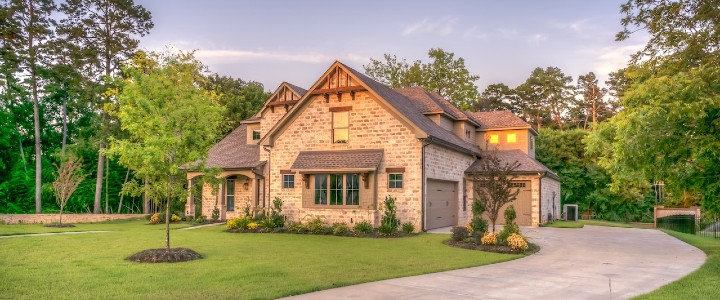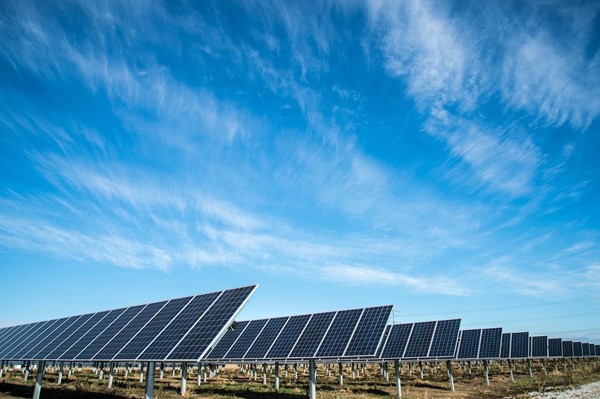Can Heat Pumps Work in the UK?
Installing heat pumps in the UK is starting to gain traction. In 2021, a total of 42,779 heat pumps were installed in the UK, which is an increase from the estimated 37,000 installations in 2020.
However, compared to other European countries the UK is falling behind. According to a report from the European Heat Pump Association (EHPA), the UK places last with 1.48 heat pump installations per 1,000 households in 2021. Meanwhile, Norway is on top with 49.77 heat pump installations per 1,000 households in the same year.
However, despite these numbers, this does not mean that heat pumps are an ineffective heating solution for the UK.

Before we get into how heat pumps work and how they can help the UK reach its goals of net zero by 2050, it’s important to understand why the UK has been relatively slow to adopt this technology compared to other countries.
One of the main reasons for this difference between the UK and other European countries is that the UK used to have relatively cheap gas prices, whilst electricity was more expensive (heat pumps require electricity to run). Electricity is still more expensive in the UK per kilowatt-hour compared to gas, however, gas prices have also shot up and are currently volatile, so we may see changes in how UK homeowners heat their homes in the near future.
Furthermore, around 85% of homes in the UK are connected to the gas grid, with gas combi boilers being a popular choice. Transitioning to a new type of heating system and changing our heating habits will naturally take time.
Another big reason why the UK’s installation numbers are so low compared to countries like Norway and Sweden is policy. In 1991, Sweden introduced a carbon tax which increased to around £150/tonne over the years. Furthermore, Sweden incentivises homeowners with a £5,000 income tax deduction for all house renovation work. Norway has also had various grant schemes over the years, and in 2021, there was a total ban on burning fossil fuels in domestic houses.
Meanwhile, the UK government’s latest incentive is the Boiler Upgrade Scheme (BUS) in England and Wales. Low carbon heating systems that were installed on or after the 1st April 2022 are eligible for funding from this scheme. This includes air source heat pumps and ground source heat pumps.
If you install an air source heat pump, you could be eligible to receive £5,000, and if you install a ground source heat pump, you could receive £6,000. At first glance, this seems like a good initiative. However, according to innovation charity Nesta, the uptake of the BUS from installers has been slower than expected. This may be due to long lags in installers receiving payments.

The BUS is set to last for 3 years, so it is still possible that the scheme will be successful overall if the government monitors and makes adjustments based on industry feedback. And considering the government wants to meet an ambitious target of installing 600,000 heat pumps per year by 2028, it is definitely in its best interest to do so.
But why is the UK government keen to increase the number of heat pump installations? This is because it is deemed to be one of the solutions for achieving carbon neutrality by 2050.Heat pumps (specifically air source heat pumps, which are the most commonly installed) work by extracting heat from the outside air and transferring it inside our homes. A compressor inside the heat pump uses electricity to increase the temperature of the extracted heat further.
Due to the fact that heat pumps move heat rather than generate it, this makes them highly efficient. The amount of heat they produce is more than the amount of electricity they use, and they can even reach efficiency levels of 300-400%. This is much higher than modern boilers, which typically reach efficiency levels of 92-100%.
This also means that you won’t have to spend as much on your electricity bills to heat your home, say compared to an electric boiler.
However, you may be wondering, “but how does a heat pump work when it’s cold outside?” Many modern air source heat pumps can now function in temperatures as low as -20°C. So this should be no problem for UK homeowners.
Furthermore, heat pumps are also capable of cooling your home by transferring warm indoor air to the outside. Which is more likely to be appreciated in UK homes now that temperatures are rising over the summer months. All in all, with the right support from the government, heat pumps are a viable option for future home heating in the UK.
















